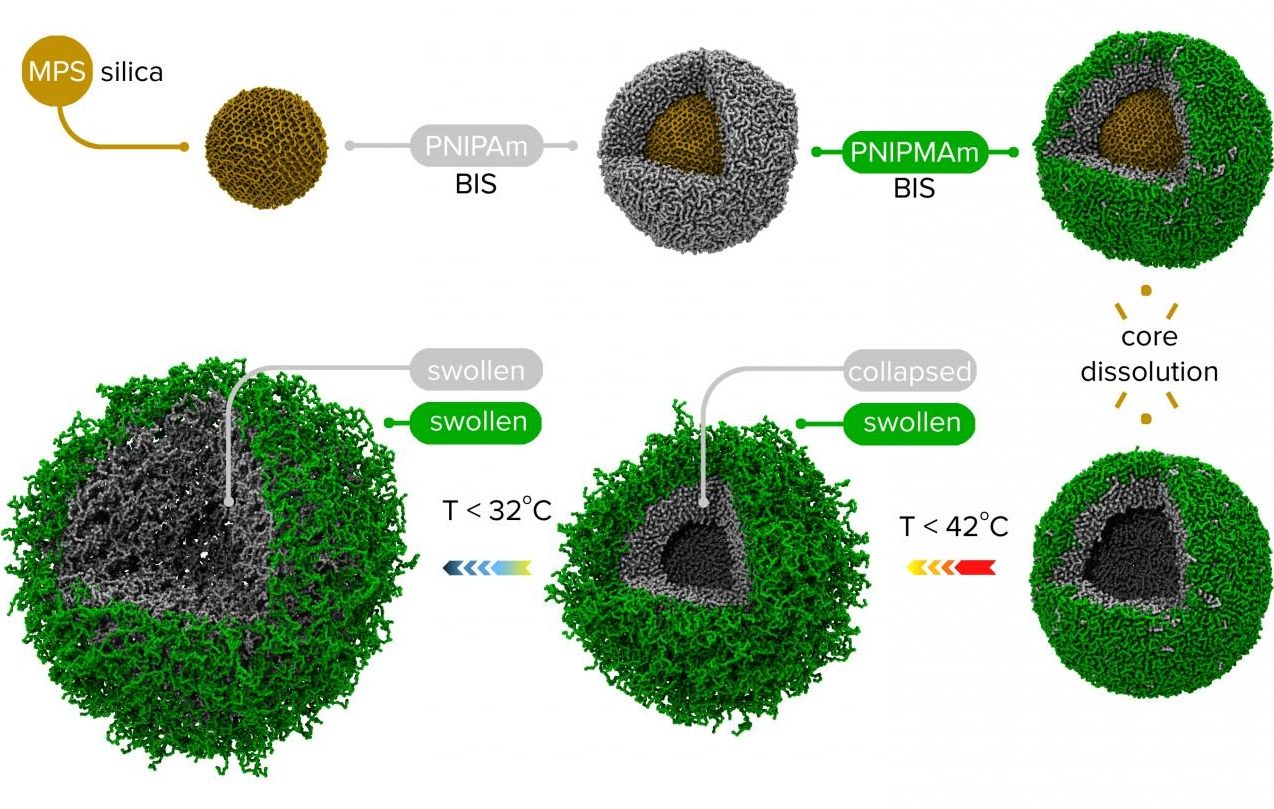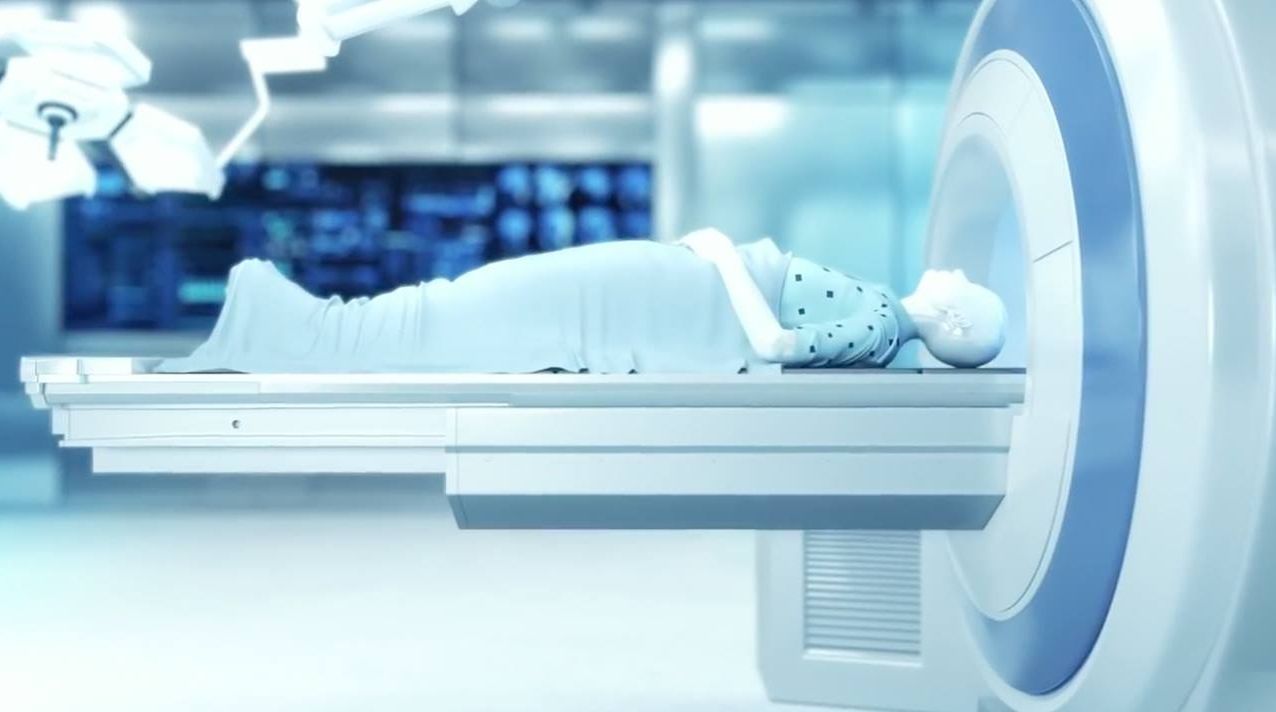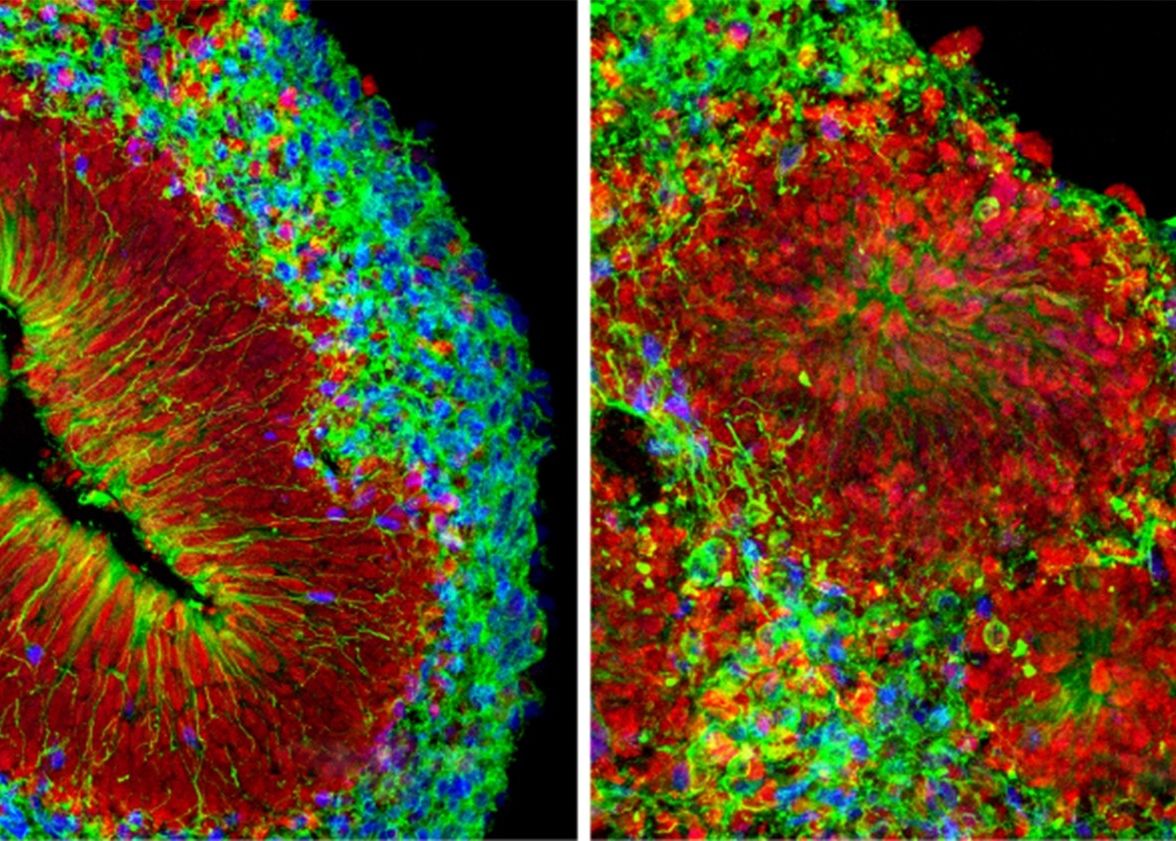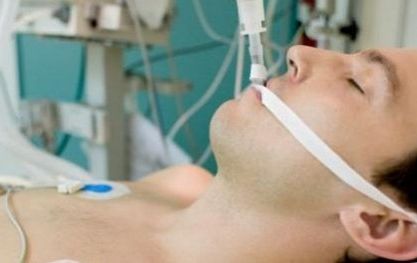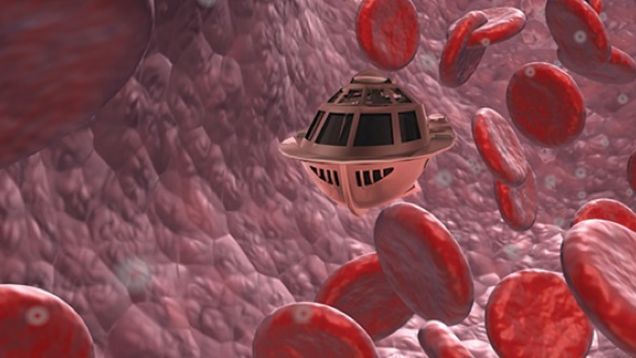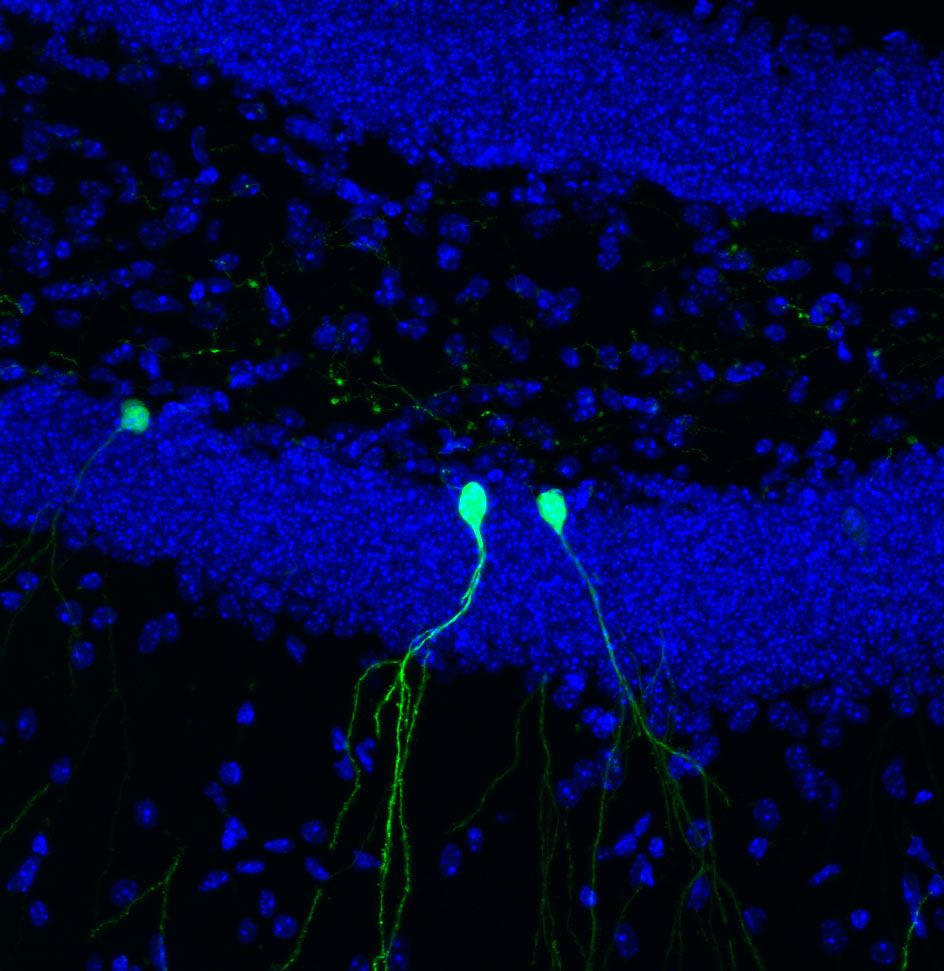A new analysis indicates that a type of psychotherapy delivered by videoconference may help prevent some of the long-term memory issues caused by chemotherapy. Published early online in CANCER, a peer-reviewed journal of the American Cancer Society, the findings point to a noninvasive way to help cancer survivors manage some of the negative effects of their treatment.
It’s estimated that approximately half of cancer patients who receive chemotherapy develop long-lasting changes in memory function such as trouble remembering conversational content or steps in a task. While the memory problems tend to be mild, they diminish quality of life in areas of job performance and family and social life well beyond cancer treatment. The causes of this problem and reasons why it does not affect every survivor remain unknown, and there is currently limited research on treatments for it.
A team led by Robert Ferguson, PhD, who is currently at the University of Pittsburgh Cancer Institute but was at the Eastern Maine Medical Center and Lafayette Family Cancer Center in Bangor, Maine, while conducting this research, developed a cognitive-behavioral therapy called “Memory and Attention Adaptation Training” (MAAT), which helps cancer survivors to increase awareness of situations where memory problems can arise and to develop skills to either prevent memory failure or to compensate for memory dysfunction.
Read more
